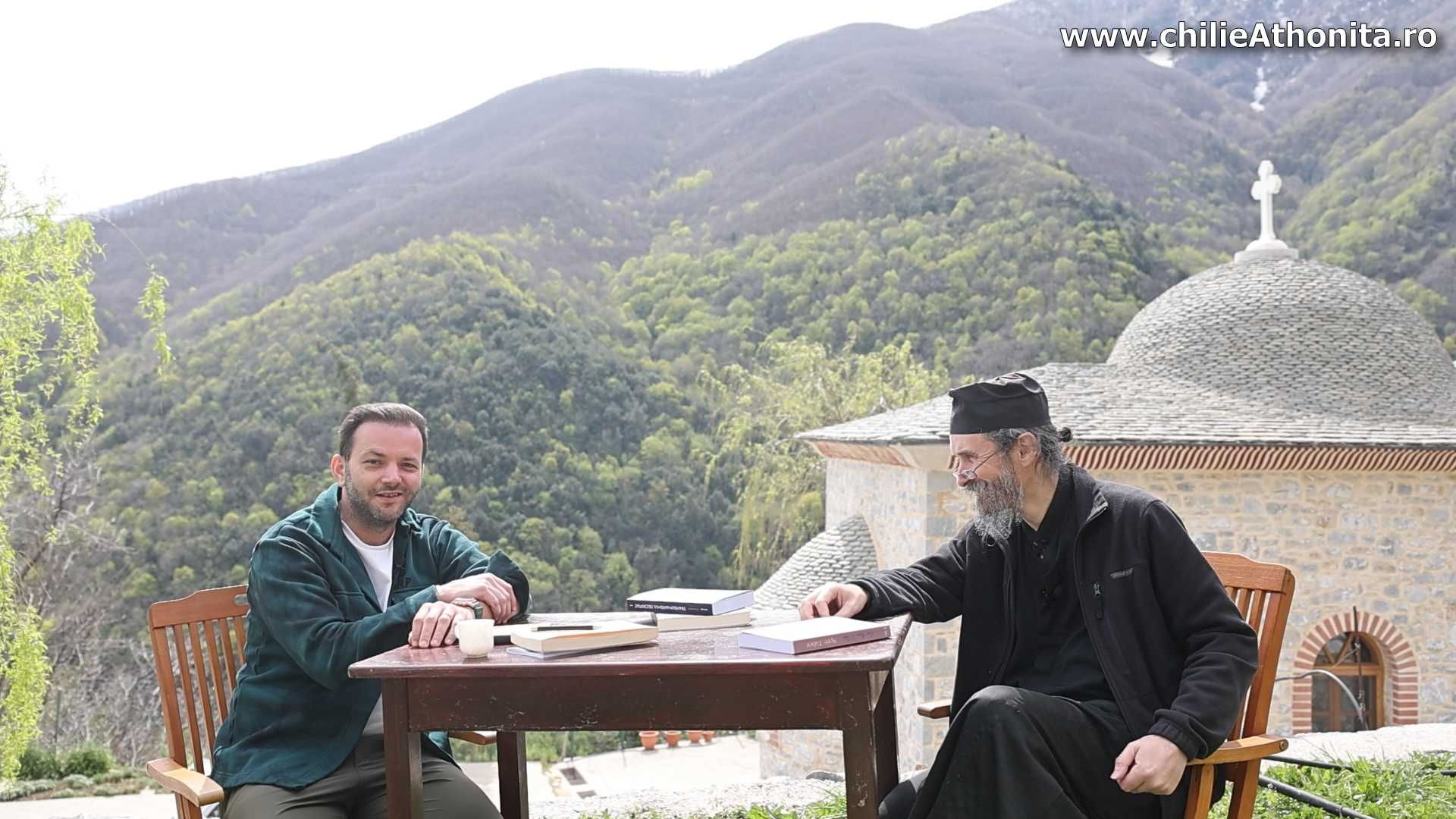
Simple & Fine – Father Theologos and Mihai Morar – Part 1
14 May 2022
How Was Our Cell Built? – Father Pimen Vlad
19 May 2022Even if we have a lot of worldly things that attract us – or rather distract us – we must not forget even for a moment our goal – holiness.
Capital for achieving this goal is the daily prayer that we must do. Watch this video to learn how the daily prayer (also called “canon” in the Holy Mountain) is done by the Athonite fathers.
Enjoy!
Glory to the Father and to the Son and to the Holy Spirit. Now and forever and unto the ages of ages. Amen.
Through the prayers of our holy fathers, Lord Jesus Christ, Son of God, have mercy on us. Amen.
Today we are going to talk a little about the canon, about the importance of the canon. Because folks, unfortunately, we brag about being Orthodox, but we don’t pray, we don’t go to church, we don’t confess, we don’t Commune and then, where is our Orthodoxy?
We act like atheists. Remember that in previous recordings, I have talked and even asked you to pray for 10 minutes a day. I don’t hide the fact that I’m a little embarrassed, if you like, because 10 minutes is an insignificant amount of time in the course of a day, but at least let’s do that.
Today I will speak a little more advanced, although this word is pretentious. This is not an advance, but a basic thing that every Christian must do at this time who considers and counts himself a Christian and who wants to be a Christian, who wants to cleanse himself of passions. Because that’s really what Christianity is about. It means cleansing from passions.
Well, if we don’t take the necessary treatment to cleanse ourselves of our passions and get closer to Christ, then what kind of Christians are we and how do we want to be saved, how do we want to reach eternal happiness?
Now, the importance of the canon, that is, of daily prayer is that it rids us of a great parasite of Adam, which is our instability.
You must know, brethren, that man is very unstable after the fall of Adam. You see that today he feels like doing something, tomorrow he doesn’t feel like doing it, and because of this, a constant spiritual framework is needed to take man out of this lability of his, from this instability, from this lack of determination.
And you should know that this is how virtues come about. So all our virtues come through the canon, that is, through the determination that is given by the daily schedule. Brethren, we must have a daily schedule! We should not be carried away with the wind and go in the direction of whatever crosses our mind, or better said in whatever direction our mind smolders. I really like this imagine that our mind is smoldering because in fact, our mind is getting darker while we think we are getting some great idea.
It’s not like that, brethren. It is, in fact, a chaotic behavior of ours. And this chaotic behavior is at least mitigated by the canon. That is, by the prayer rule, if you want, as it is also called. In Greek it is called “canonas”, which means “canon”. This is why I refer to the canon.
In the Holy Mountain, you should know that this canon, this spiritual program is centered on the Jesus Prayer, on “Lord Jesus….” There are not so many readings and so many akathists and parakleses. Why? Because even if they are very beautiful, they scatter the mind.
The Jesus Prayer is a cyclical prayer, as I have said on other occasions, and because of this it gathers the mind very well because in the Jesus Prayer we do not have many centers of information, many ideas, and because of this the mind does not scatter, chasing those ideas. And because of this, the Jesus Prayer is a very powerful prayer.
Beyond that, the name of our Lord Jesus is in it which gives it even greater power.
Because I said that on the basis of the canon we acquire our virtues, you should know that the first thing we do in the day, our first concern is the canon. And not work, not money, not business, not the news, not God knows what else.
The first thing is the canon, not the daily worries!
Why am I saying this? Because we usually leave it to the last minute. That is, we do our chores and only at the end, if we have time or on the run or very tired, we do the canon. If we still do it…
No, brethren! First of all, we must do the canon, we must pay attention to the canon, we must have time for the canon, not leave it to the last moment.
It is very good to have a schedule! To say that from this hour to that hour, now, I have to do the canon. It is true, however, that sometimes, due to external factors – this happens especially in the world – there are disturbances, disruptions to our schedule, but then we, brethren, must try to stick to the schedule.
Imagine a car, if you will, driving over a rough terrain, over a bumpy road, and the car’s wheel and suspension are trying to keep that running car in equilibrium. Likewise, we, having this image, must manage our schedule in order to not have many disturbances in the schedule.
So let’s always try to smooth out these disruptions in the schedule and of course, as I said, our first care should be the prayer canon, which does not need to be large, especially at the beginning, but constant.
Primarily in the canon, in our prayer program, is constancy, brethren, and not size! I prefer, you should know, a light and constant work to one that quickly ends. This is very important.
Let’s see how we prepare and complete the canon, in a very brief way, very schematically. First of all we must prepare, we must pray for the prayer, we must prepare for the canon. And here we have two great techniques, if you will.
We are talking about a confessional prayer in which we pray to God with our words, to the Mother of God – “Mother of God, help me! Don’t leave me! Lord, let me feel Your grace! Help me! Illumine me!” So this is a thing that needs to be done.
And secondly, we are talking about: Brethren, you should know that it is good that before the canon or before any other spiritual and even intellectual activity, learning, for example, but especially before the canon, it is good to not be exposed to strong pleasure centers. To the news or computer games or God knows what else. Because otherwise, during the canon, we will think about what we heard, what we saw, what we played. Cut these out, brethren! Cut them!
I am of course also referring to children when they want to learn. They should not play on the computer before they want to learn, because after that they won’t learn anything! Their whole mind will be on the strategy of the respective game that, they think, they have to finish. It isn’t so. Do you understand?
That is why it is very important that before the canon we prepare ourselves with a little preparatory prayer and to let things calm down a little and, as I said, not look at the news or other strong centers of pleasure, of interest.
Now you should know that the canon proper can be done by number, that is, how many times to say the Jesus Prayer, what to read. Or by time, that is, I pray for so long – for X amount of time.
In the Holy Mountain, usually the rule is by number because some say it faster, others say it slower and in fact, it is about how many prayers we say to God. But in the world the amount of time is used sometimes.
We don’t put people in the same box and in general, the quantities, you should know that you solve these with your spiritual father who can follow your evolution over time. So quantities by number, as I said, and temporal quantities, meaning for a period of time.
Regarding the canon, it is very good to do everything together, because the heart warms up, the mind rises and the experience becomes more intense. But you should know that it is possible to break up the canon, that is, we can do a little now, we can do a little a bit later, we can do it again in the evening.
Of course night prayer is the best, but it is very good to have a morning prayer with which to begin the work. So in the morning, the first image I have in my mind the moment I wake up is, “Thank you, God! God, glory to You! Lord God, help me! Mother of God, don’t leave me! Through the prayers of our holy fathers, do not leave me! ”
Well, and then, with this little prayer, which, of course, can be longer, but as I said, I don’t set a canon for you, your spiritual fathers do, with this prayer we start the day.
The main prayer is usually in the evening, but as I said, it can also be done during the day when we have time. And it is also good during the day, so that we do not stray too far from God.
Again, you should know, since we are speaking of the canon, and of the quantity, if we do not have time, if we have a busy schedule on certain days, in the case of monks it is the classic case of the feast days, then the prayers of “Lord Jesus…” can also be done in reserve. I mean, I’m saying them today, to have them in reserve, in case I can’t do my canon I can fill in with the reserve. Understand?
Of course, this does not mean, this does not validate negligence, or validate all kinds of trickery! But we act in acceptance of our inability to fulfill certain spiritual duties in a certain period of time, on a certain day.
Of course, Communion prayers which are prayers with a specific purpose – tomorrow I receive Communion – cannot be done in reserve, brethren. So we don’t read the Communion prayers today for next Sunday. Let’s be serious! I am referring to the Jesus Prayer or the others, if they exist.
How to pray is very important. Prayer must be done with attention to the words of the prayer. This is very important. And that’s why I told you not to have strong centers of pleasure, of interest, before the canon, because then the mind gets distracted, the mind scatters.
For (the mind) to be attentive to the words of the prayer, it is very good to have a prayer rope, something like this… And at each knot we say, “Lord Jesus Christ, have mercy on me! Lord Jesus Christ, have mercy on me! Lord Jesus Christ, have mercy on me! Lord Jesus Christ, have mercy on me!”
This is very important. Understand?
It is also very good to cross ourselves, meaning: Lord Jesus Christ, have mercy on me! Lord Jesus Christ, have mercy on me! Lord Jesus Christ, have mercy on me!
At every “Lord Jesus…” on the prayer rope, let us cross ourselves as well. This is very good. Why? Because it uses the most powerful human sense which is the sense of touch. And then the moment we use the sense of touch on each knot on the prayer rope, the mind focuses very well. Try and you will see!
And when we cross ourselves, we do so because it protects us from the devil, it protects us from demonic influences.
So the prayer rope is very important, as I said, because of the sense of touch which gathers the mind very well and because of the number. Because the prayer rope has an X number of knots. The one you saw is a 100 knot prayer rope. And so we can complete our canon very easily.
Again, it is very good to whisper the prayer. Of course, this also depends on the character, but in general, it is very good to whisper, that is, to hear ourselves, because then again the mind gathers very well and does not scatter.
Again, for the same purpose of gathering the mind, beyond the prayer rope, beyond the whisper, is the speed. And the speed depends on the character. There are certain characters that say it fast, fast, fast, and there are others that say it very slowly, “Lord… Jesus… Christ… have mercy on me!…”
But, on average, it’s best for most people to say it relatively quickly so that no thoughts arise. Lord Jesus Christ, have mercy on me! Lord Jesus Christ, have mercy on me! Lord Jesus Christ, have mercy on me! Lord Jesus Christ, have mercy on me!
So if we say it with a relatively alert rhythm, but without rushing, then thoughts do not appear, the mind gathers and we have the experience of God’s grace.
Also for gathering the mind, it is useful to say the prayer briefly, in the short form, “Lord Jesus Christ, have mercy on me!” Let’s avoid the longer form, meaning, “Lord Jesus Christ, Son of God, have mercy on me, a sinner!” Or even adding “Through the prayers of the Most Holy Theotokos and of all Your Saints, amen!”
These longer forms scatter the mind, they are much harder to hold. While the short form “Lord Jesus Christ, have mercy on me!” which is used in the Holy Mountain is the most recommended form for most people.
Perhaps we should also talk a little about full prostrations. I can’t do a full prostration now because I would be out of the frame, but full prostrations are the bowing to the ground with the forehead close to the floor, or to the stones as it is here… And those are done the same way, we do a full prostration and say, “Lord Jesus Christ, have mercy on me!”
But do these according to what the spiritual father says, because there are problems of age, problems of bodily potential, that is, who can make such prostrations. But the others, that is – “Lord Jesus Christ, have mercy on me!”- everyone can do those. Understand?
Of course some can bow down more: “Lord Jesus Christ, have mercy on me! Lord Jesus Christ, have mercy on me!” But of course others due to age, spine problems and so on, cannot bend. Everyone can do as much as they can.
We talked about the Jesus Prayer, we talked about the preparation for the canon, we talked about full prostrations a little – which are a personal problem to be taken up with the spiritual father. – Now, beyond the Jesus Prayer, you must know that there is another thing that is very important in the canon, that is, in the daily prayer rule as it is called. I am talking about introspection.
I mean, brethren, let’s do a little spiritual examination every day. I don’t like the word introspection because it is used especially in the area of psychology, which, if the psychology is Christian, that is, if the psychologist is Christian-Orthodox, it can help, but if not, it can do a lot of harm.
This introspection, this spiritual examination, means every evening, brethren, 5 minutes – once again – I’m talking about very short time intervals! For 5 minutes to examine ourselves. What I did right that day, what I did wrong. Just like a businessman, brethren. The businessman, if he does not see every day how the business is going, well, he goes bankrupt.
It’s the same for us who are not after money but after the true wealth, eternal life. We hunt heaven.
Every evening let’s think, “What good did I do today, what did I do wrong?” For the good I did, to thank God for that day and say, “God help me! God, grant…!”
And for what I have done wrong, to repent, “Lord, forgive me! God, don’t leave me! Please forgive me! Mother of God, forgive me!”
And if the sin is greater, if the evil is greater, it must be confessed, brethren!
So beyond introspection, we have a next phase which is reading from the Holy Scripture. There is a need for reading, brethren! Because beyond the prayer that warms the heart and illumines the mind, we also need reading from the Holy Scriptures and from the Holy Fathers… Please, I am saying from the Holy Fathers, not from all kinds of other books! From the Holy Fathers – who first of all illumine the mind and then warm the heart.
Prayer is needed first of all, because prayer is the main thing, and after that it is necessary to read from the Holy Scripture mainly and after that from the Holy Fathers.
Again, brethren, 5 minutes! Please. One chapter, 5 verses. If you are tired, open the Holy Scripture, read and close it. At least this. Do not lose contact with the Holy Scripture! It’s not good, it doesn’t help at all, you should know.
Reading helps a lot and then you will see that your mind will be cleared, you will see things and experiences that you cannot imagine if you do not have contact with these truly holy books.
After Holy Scripture, after introspection, after the Jesus Prayer and after preparation – I said them in reverse order – at the end, brethren, it is very good to read a prayer of Saint Sophrony for unity, which we in the Holy Mountain read. I’m going to post it, I’m going to put this prayer somewhere for you to see so that we can pray for others with our words.
Well, in the present case, they are the words of Saint Sophrony, who is a very great saint, he is a disciple of Saint Silouan. We recommend this one. If someone else wants to pray with his own words or some other prayer – as he wishes. But mainly, this prayer is used in the Holy Mountain and, as far as I know, also in Romanian monasticism.
After this prayer, if you want an Akathist Hymn, that would be very good, if you still have time of course. And if we Commune, the Canon of Preparation for Holy Communion.
In the Canon of Preparation for Holy Communion, brethren, you should know, there are the 12 prayers. In the original Greek Book of Hours there are only 10. In the Romanian Book of Hours there are 12. The fourth prayer is a very long prayer; If the spiritual father gives you a blessing you can skip it, but I don’t want to infringe on what your spiritual father says! I tell you what the practice is in the Holy Mountain.
Since we are speaking on the canon, I want to talk a little about the Psalter, just to remind you that there is no need for a blessing. Because many of you ask me, ask us, if we need a blessing to read the Psalter. No blessing is needed for reading a kathisma. If you are exaggerating, then of course you should ask your spiritual father. But a kathisma, brethren, if you have time, it can be read. So don’t worry.
Circling back, there is a prayer of introduction, of preparation for the canon, and avoiding strong centers of attention. Then there is the Jesus Prayer, which constitutes the canon itself. After which there is a little introspection. Then the prayer of Saint Sophrony. If you want, an akathist and, of course, the Canon of Preparation for Holy Communion if we Commune tomorrow.
In conclusion, we must have constancy brethren! Because the soul feeds on these things, you should know. The soul must be fed every day and if not, then it begins to starve.
And through prayer, the soul is nourished every day, it is illumined, and thus we will have the certainty of God’s existence, the certainty of tomorrow. And then we won’t be lonely, hungover, depressed anymore. Do you understand? And then man will feel very peaceful and feel that his heavenly Father is taking care of him and ensures him a happy eternity with his heavenly Father.
So help us God!
Through the Prayers of our holy fathers, Lord Jesus Christ, Son of God, have mercy on us. Amen
Online commemoration lists and donations
May the Lord help us!
Online Commemoration Lists and Donations
May the Lord help us!
If you have a bank card and wish to send commemoration lists and donations online using your card, and/or to support our philanthropic activity, including this site, please fill out the form below to make a small donation. The form is secure – we use Stripe for payment processing – a world leader in this field. We do not collect your personal data.
If you do not have a card, or do not wish to use it, visit the webpage for Online Donations and Commemoration Lists.
We will pray for your loved ones! (Please do not include inessential details like wishes, degree of kinship, introductions etc. JUST the name!)
Especially for recurring commemoration lists, we ask that you please keep them to under 20 names long. If you include a member of the family, we add “and for their families.”


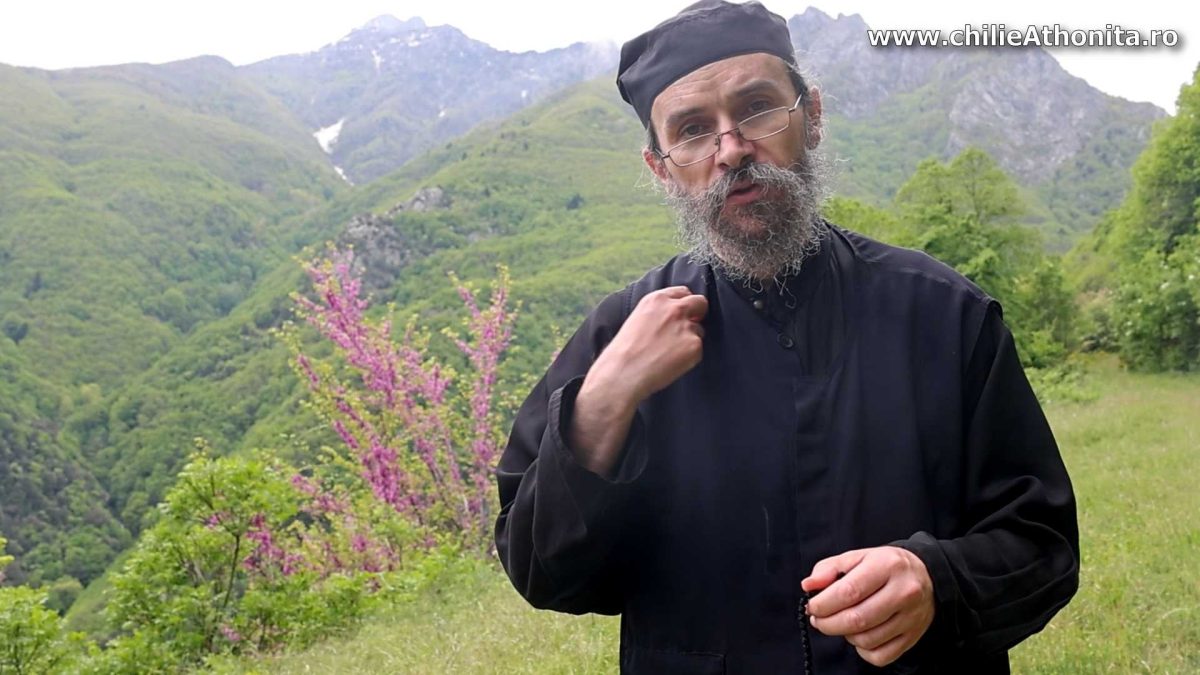
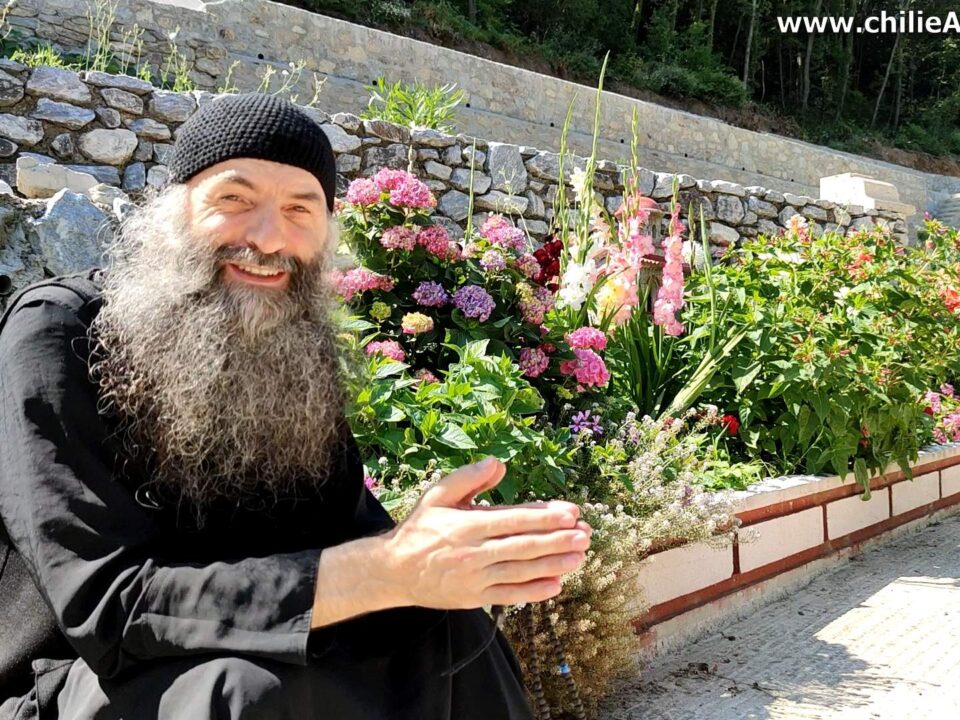
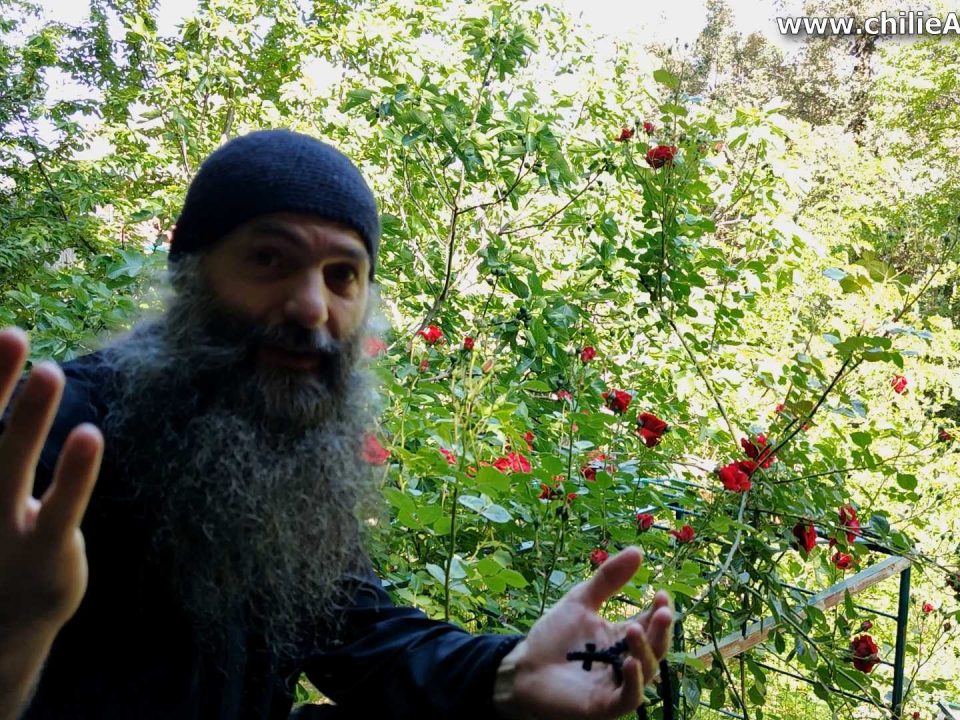
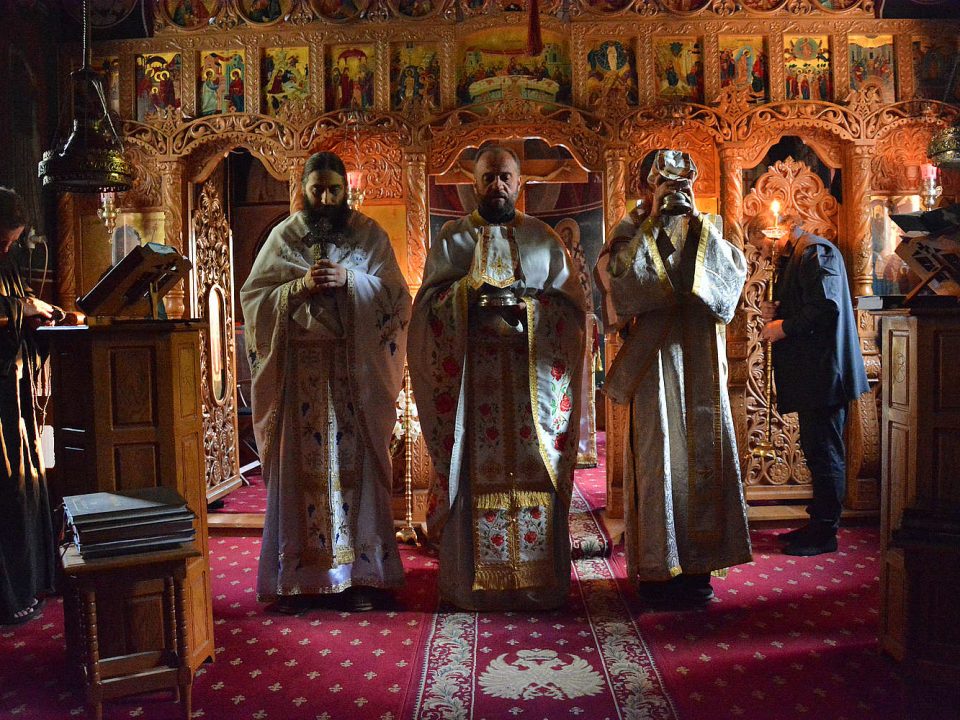


3 Comments
Va multumesc ca ne hraniti, zi de zi, cu dragoste.
Parinte, un articol excelent! Dar excelent ( mai recent am descoprit revista Euro-Synergies si pe Diego Fusaro) care ar putea fi tradus in facicule si postat pe site… Articolul este, insa, foarte bun.
http://euro-synergies.hautetfort.com/archive/2023/03/03/diego-fusaro-sur-l-incompatibilite-entre-le-sacre-et-la-finance.html?fbclid=IwAR1uZzGx1KrR124uXS8Cwz8oGExr1EZ5h3uN3hmTGG7FILoUJMUyvHWk408#.ZAJPayfwNsc.facebook
*fascicule